“Where’s Papa going with that ax?”
These are the first words of the story I have read more than any other, the book that has informed my character perhaps more than all the rest, Charlotte’s Web, by E. B. White. From this book I began to learn about where our food comes from, confirming my natural aversion to eating meat, something I have struggled with my entire life, and probably the most hypocritical thing about me as a person. I can’t eat meat that looks like meat, but a hot dog or deep fried and breaded chicken finger? No problem, as long as I turn my brain off and let my palate rule. This book also taught me, as a kid in the suburbs, what growing up on a farm might really be like, the hard lessons of the circle of life, the importance of community whether animal or human, and perhaps most of all, the power of true friendship, of unconditional and selfless love. I also learned about the intricate way everything is connected, a lesson I continue to learn today. The web is a metaphor that cannot be missed.
I have been reading Charlotte’s Web with my five-year-old granddaughter. She is already a fluent reader, but it’s almost impossible to keep her attention with several pages of dense text between illustrations, so it has taken us some time. Once she met Charlotte A. Cavatica, in chapter 5, her interest perked up, especially after Charlotte explains to Wilbur the pig how she wraps and kills a fly so she can drink its blood. Nature is not for the squeamish. I could see my daughter wincing when I read this part aloud, but my granddaughter was all ears and curious.
E. B. White does not patronise his readers; he tells us all the truth. He lets Wilbur be appalled and wondering why he would want such a blood-thirsty friend as Charlotte, but he also lets Charlotte explain to us that it’s just how she is made, and if she and her relatives didn’t eat this way the world would be overcome by insects. Something to think about for my granddaughter, and for all of us. Spiders are just as important as we are, and we best make room in ourselves to appreciate them. In my home we have a no-kill policy and have always safely escorted spiders, wasps, and every other creature to the outdoors when they might not be welcome inside, and some spiders are allowed to live their lives right alongside our own. I can thank Charlotte’s Web for this ethical code of duty. It has also informed my non-judgement of my meat-loving and hunting family and friends. We are made how we are made. The deeply kind and altruistic heart of the blood-thirsty Charlotte A. Cavatica is also a powerful metaphor, isn’t it?
I think one of the lessons of this treasured story that keeps renewing itself for me every time I have read it over the past almost seven decades is how life and death are so fully intertwined. There is no escaping it. How intricately this web is woven, the interdependence of all living things, from the tiniest insect to the Antarctic blue whale, from the living soil beneath our feet to the burning star of our sun, 93.14 million miles away. Experiencing the total solar eclipse this past Monday has filled me with even more awe for the solid clockwork of our solar system and how much every single molecule of life is completely dependent upon it. I have been trying to find the words to describe my experience in those moments when I witnessed totality, and the way such complete darkness quickly shadowed over everything and just as suddenly lifted. I’m afraid there are no words sufficient, but I will say this: I have not stopped thinking about it, feeling it, since. It was one of the most profound moments of my life.
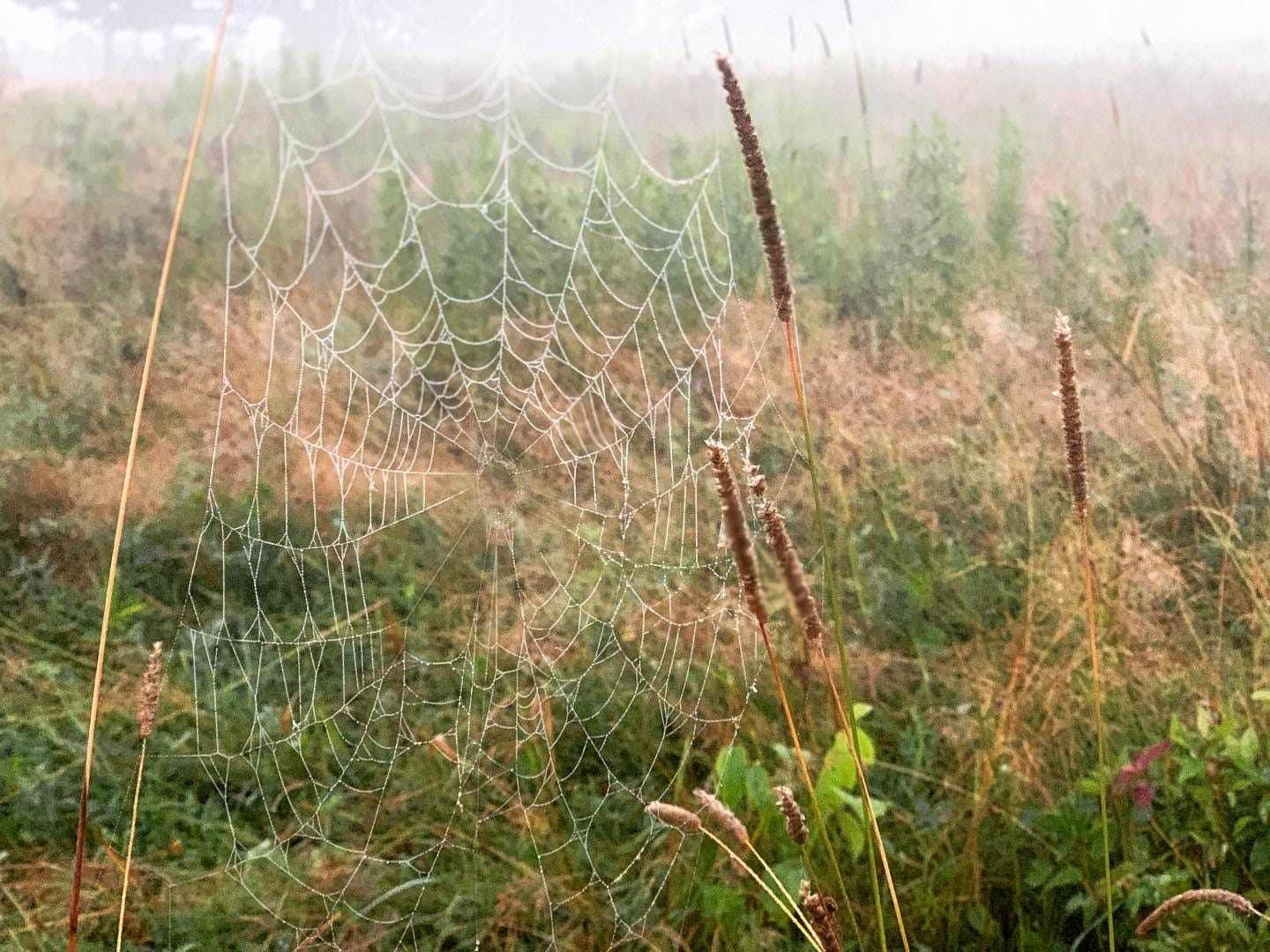
For this week’s Substack offering I had other plans; an essay that is already partly written sits on my desk in my notebook. Then I read this quote today and loved it so much that I wrote it into my notebook, too, and decided to change those plans. It truly fit into how I have been feeling since the eclipse on April the eighth.
"I think it’s a deep consolation to know that spiders dream, that monkeys tease predators, that dolphins have accents, that lions can be scared silly by a lone mongoose, that otters hold hands, and ants bury their dead. That there isn’t “their life and our life.” Nor your life and my life. That it’s just one teetering and endless thread and all of us, all of us, are entangled with it as deep as entanglement goes.
— From Kate Forster, who attributes it to Anon.
Don’t we all have moments where this is so crystalline clear in our hearts? This interconnectedness? This deep entanglement? And yet why can we be so dangerously divided, enough to hate one another, even harm one another over differences in opinion, kill one another in the violence of war? All prejudice, from hating spiders to hating entire groups of people solely based on their ethnicity, sexual orientation, religious beliefs, or even political party, stems from fear. All greed stems from fear. All fear is born from what we do not understand and believe we cannot control.
When my children were afraid of spiders I bought a field guide and showed them the two poisonous spiders that existed where we lived, where they liked to exist, and how to avoid being bit by them. I showed them all of the good things all spiders, even those poisonous spiders, did for our world. I showed them that the spiders that we typically encounter are not a danger to us at all, and how all spiders can be safely escorted outside. I am not sure I was successful. Fears are tough to dispel even with facts and logic, as we see everyday in our disinformation-rich and very fearful society. How can we ever evolve past division and war if we cannot find a way to the simple and most basic truth of interconnectedness? There is room for our differences, and as the facts and science of evolution and ecology show, there is no way to survive as a planet without those differences. Diversity IS survival, by the laws of nature. Why is it so hard for humans to grasp this?
A pig and a spider, a young girl named Fern who finds true friendship with barnyard animals who talk to one another, and a pig who is saved from slaughter by a spider who weaves words into her webs are all the work of imaginary fiction to be sure, but it teaches us about tolerance in society regardless of our differences, and that even the seemingly most unvalued and weakest among us, like the runt of a litter, or the tiny barn spider, deserve to live and let live and have a purpose in the grand scheme of all schemes. The interconnectedness of all livings is what will save us. From the tadpoles in the creek to the galactic dance of the sun, moon and earth and all the planets—without one the rest will fall. Let us be more mindful, let us be more tolerant, let us be more open to how our differences makes us stronger.
I will leave you with one of my favourite passages from Charlotte’s Web.
A moment later a tear came to Wilbur’s eye. “Oh Charlotte,” he said, “To think that when I first met you, I thought you were cruel and bloodthirsty!”
When he recovered from his emotion, he spoke again.
“Why did you do this all for me?” he asked. “I don’t deserve it. I’ve never done anything for you.”
“You have been my friend. That in itself is a tremendous thing. I wove my webs for you because I liked you. After all, what's a life anyway ? We’re born, we live a little while, we die. A spider’s life can’t help being something of a mess, with all this trapping and eating flies. By helping you, perhaps I was trying to lift up my life a trifle. Heaven knows anyone's life can stand a little of that.''
Have you read Charlotte’s Web? What are your favourite gleanings from the story? I would love to read your thoughts on that, and on this essay. Let’s talk about it.


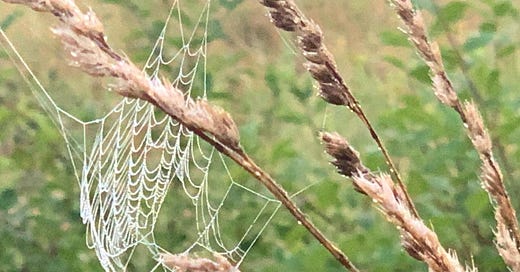



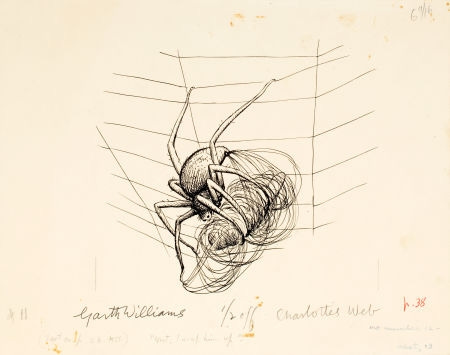
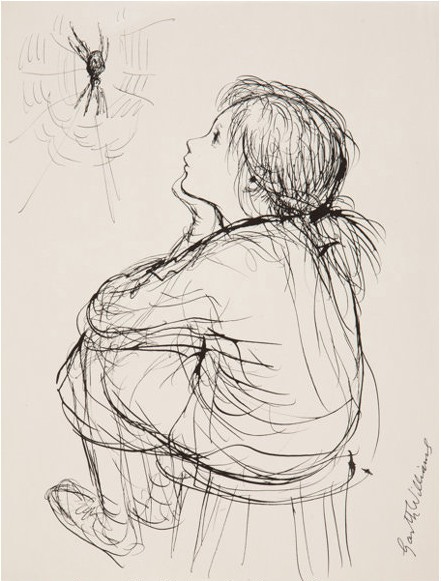
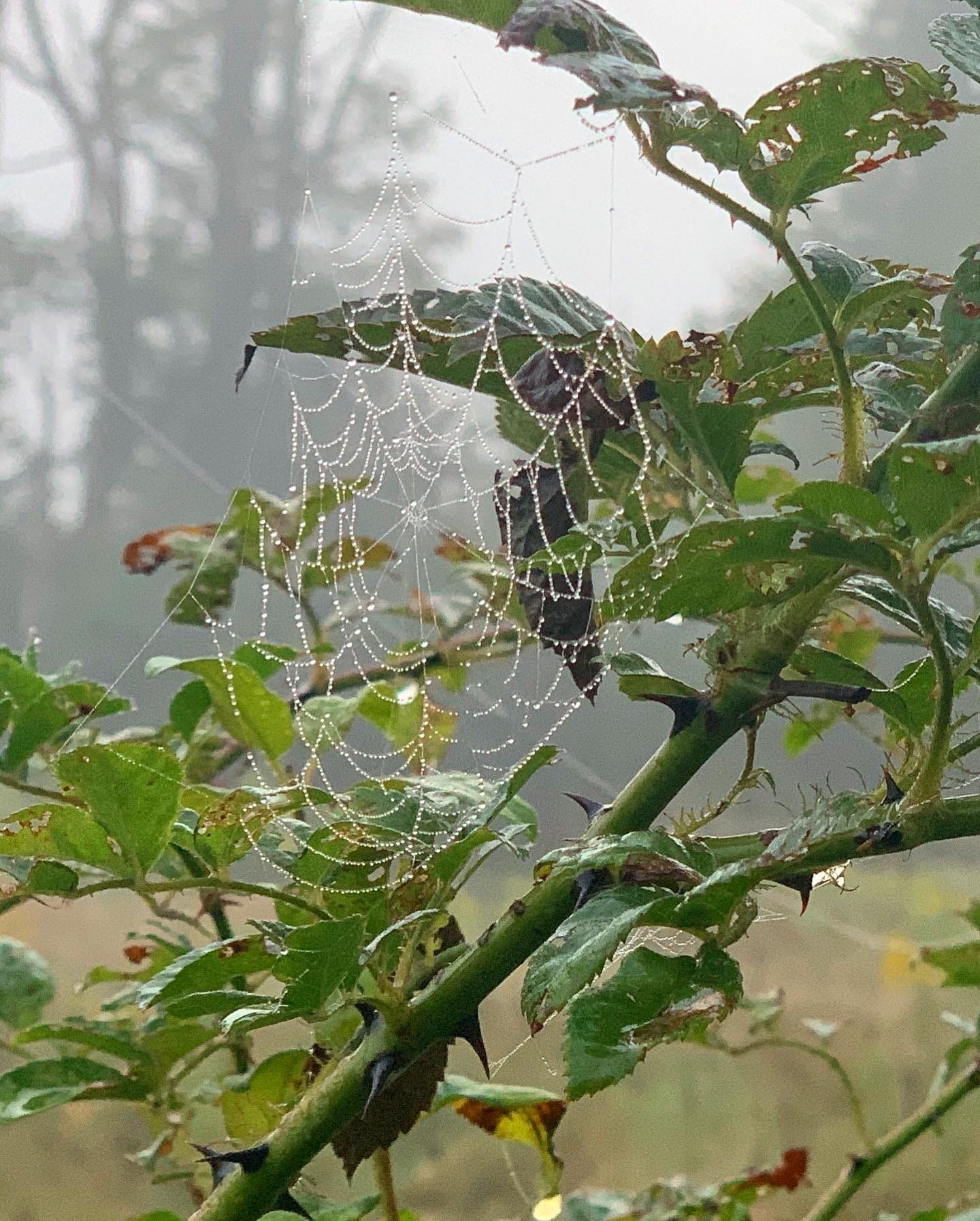
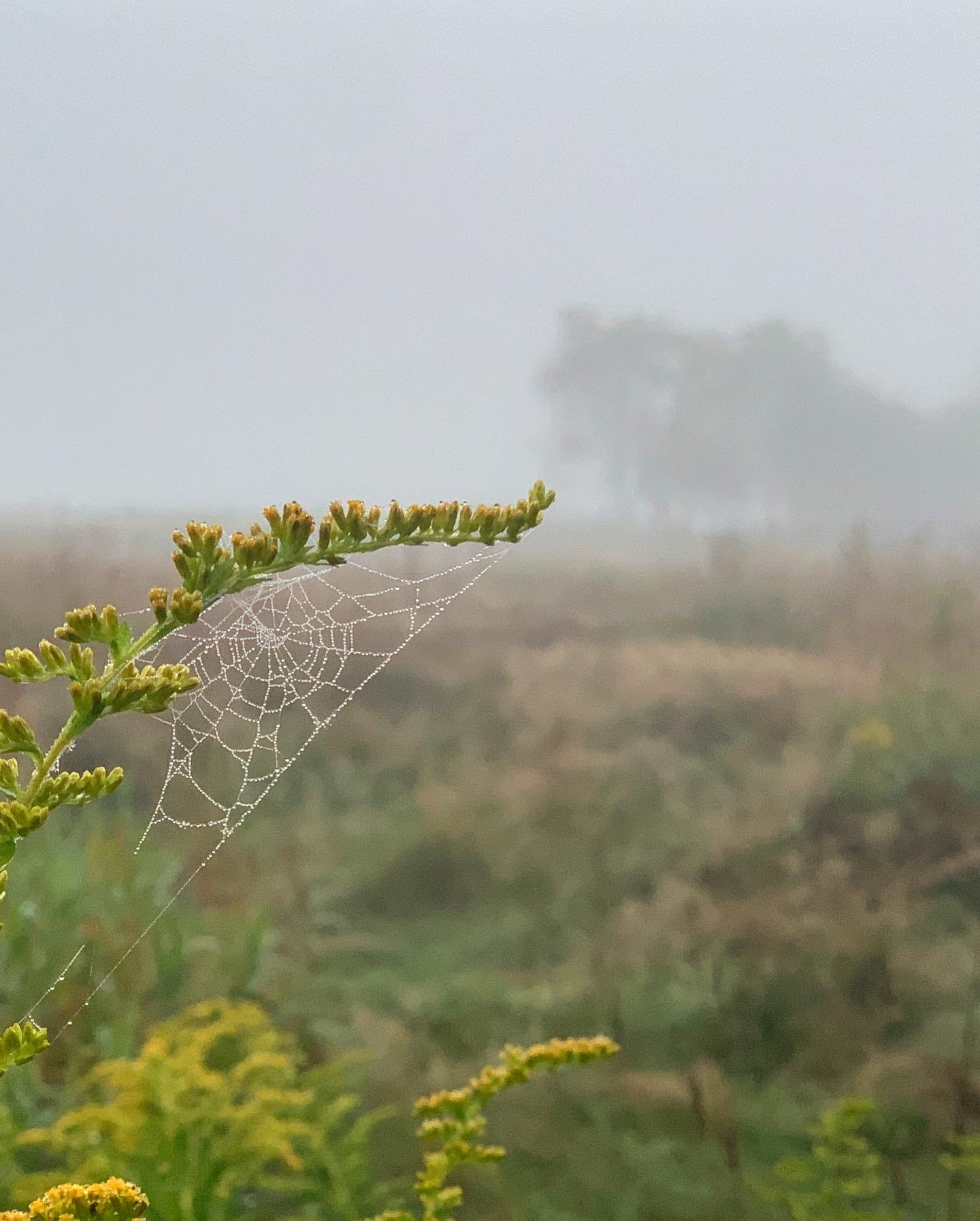

This should be published. Life and all surroundings are amazing
Began reading Charlott’s Web and absolutely love it 👌🏼
And you post is so nice too 😽